Eco-friendly travel gear that doesn’t harm the Earth
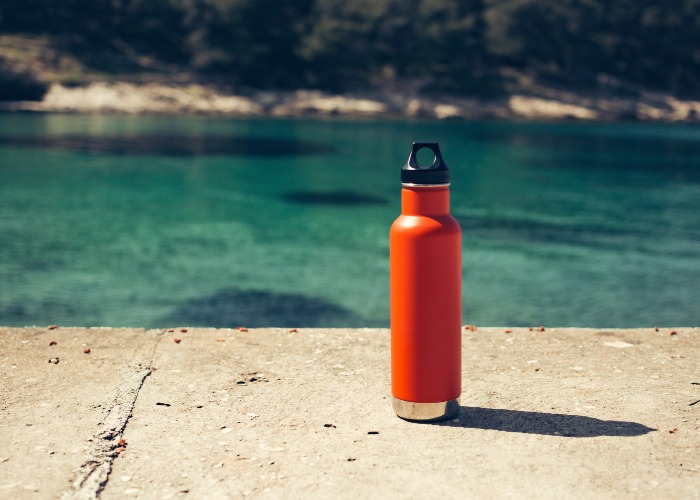
Responsible, sustainable travel goes beyond choosing trains over planes. Here’s some travel gear that’ll help lessen your impact on the environment as you explore the world.
Most of us are aware of the impact our travel habits have on the world. Flying is the most infamous culprit with holidays abroad taking up the majority our carbon footprint (calculate yours here if you’re curious). But beyond the obvious, there are all sorts of little ways our travels affect the environment.
From single-use plastic bottles of water to the sunscreen we use, everything has an impact. But most things have an alternative. Swap your usual travel gear for these eco-friendly products and, while you can’t claim to be saving the world, it’s a positive step in the right direction.
1. Swap the single-use bottle for a reusable canteen
This has to be one of the simplest and most effective changes. Switch out buying bottled water for a re-fillable canteen and you’ll do your bit to help save on the eight million pieces of plastic that find their way into the ocean daily, or the 150 plastic bottles that litter each mile of UK beaches.
Our favourites include the nkd water bottle, which uses Nasa-developed technology to filter out all the bad stuff (including hepatitis A and E. coli). LifeStraw (pictured) has similar technology to make dirty water safe to drink and, for every product purchased, provides a child in need with safe water for an entire school year.
READ MORE: The best water bottle for your life on loveFOOD.com
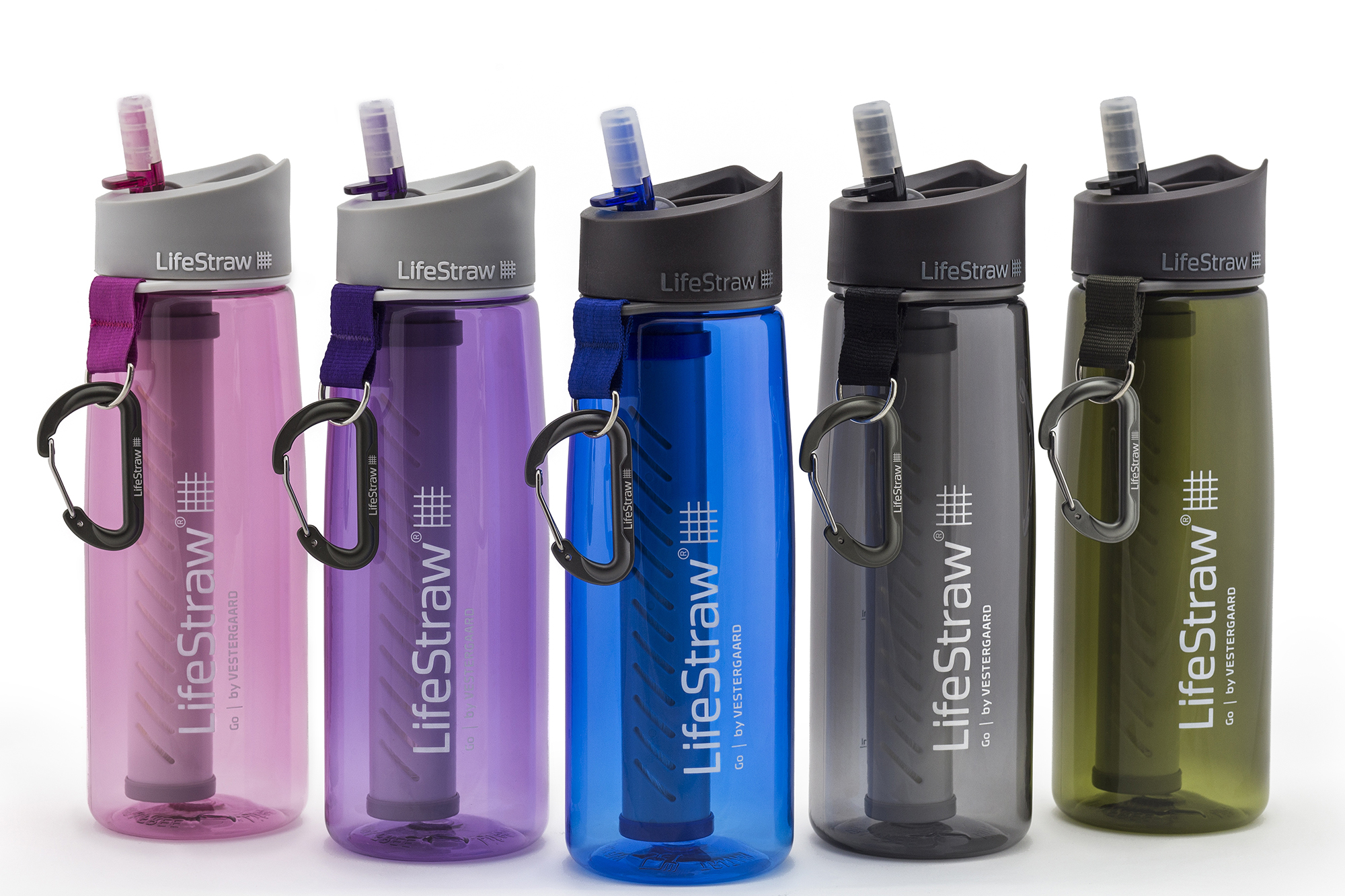
2. Switch your sunscreen & insect repellent for a natural solution
It’s all very well looking after your skin in the sunshine, but have you considered what happens to the sunscreen you’re wearing when you go for that refreshing dip in the ocean?
Opting for a natural SPF, rather than the chemical-heavy sunscreen that’s often toxic for marine life, is a much more sustainable way to avoid sunburn. Try incognito’s factor 30 Second Skin sunscreen which offers more than just UV protection. It’s an all-natural, vegan sunscreen, mosquito repellent and moisturiser, and is effective for up to five hours. Plus, the bottle is made with renewable source sugarcane plastic which means its production has a significantly lower carbon footprint than traditional plastics.
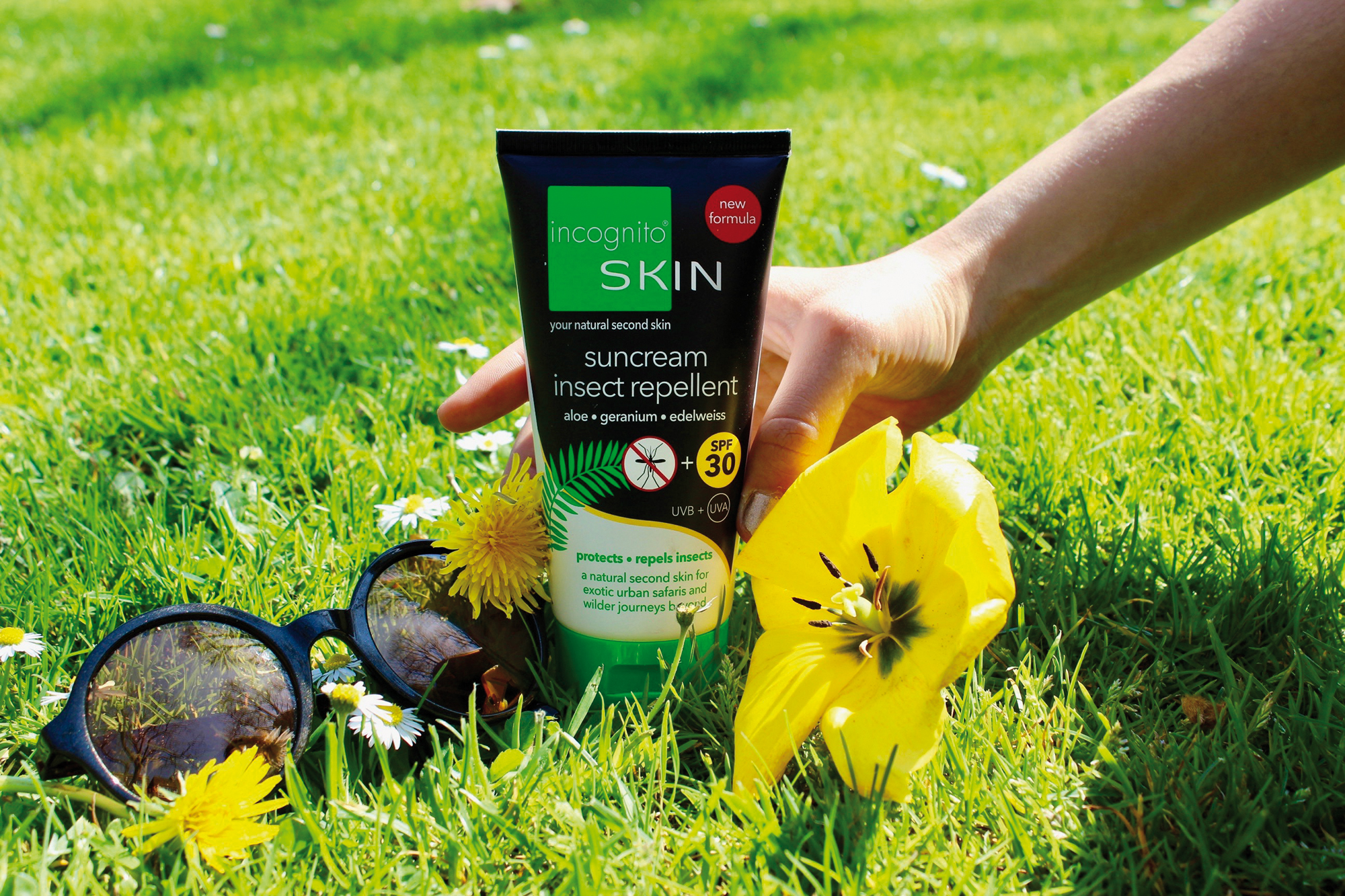
3. Swap your shampoo & shower gel for an all-in-one natural soap
Dr. Bronner’s soaps have some pretty impressive credentials: they’re all natural, organic and vegan meaning there’s far less harm to the environment once they’re washed away. Plus, the soap bar wrappers and plastic bottles are made with 100% recycled materials.
Beyond that, their soap-making plant uses 50% solar energy (via the solar panels in the employee car park), they reuse shipping cases and boxes, and have installed drought-tolerant landscaping around the factory to help channel 660,000 gallons of rainwater every year.
The company claims there are 18 different uses for the soap – including as a toothpaste, but we neglected to test that one – which means you won’t have to pack multiple bottles in your suitcase. It’s also up to three times as concentrated as traditional soap brands, so it lasts longer too.
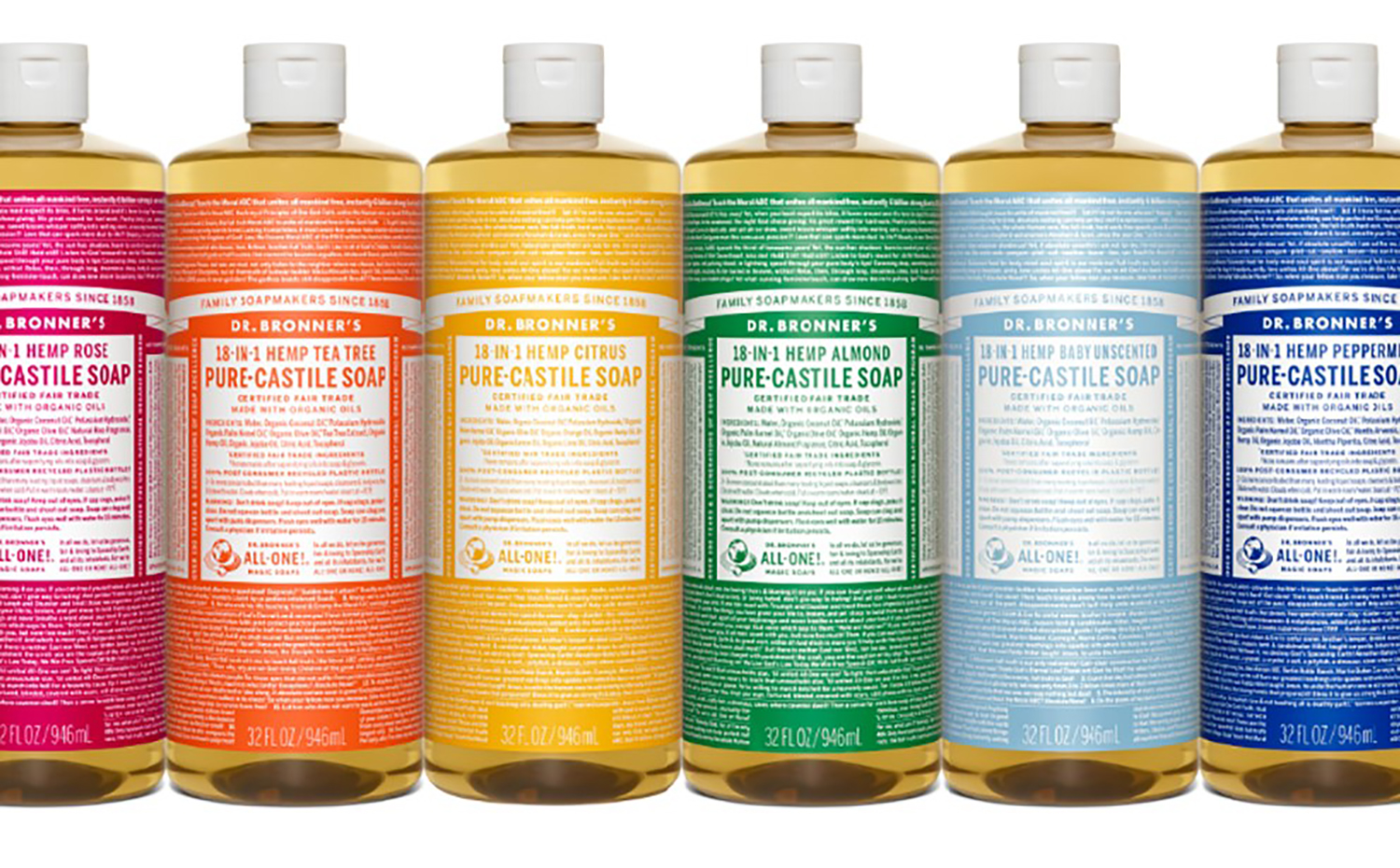
4. Switch your spray for a deodorant crème
Another skin product we rarely consider detrimental to the environment is deodorant. Chemicals can be harmful to marine life when washed off into the ocean as you swim. A spray anti-perspirant also releases a (tiny) amount of hydrocarbons to the air, ever so slightly increasing your footprint every day.
A natural deodorant crème, though, is a far better option. Try Elsa’s – an organic crème with a unisex scent (think peppermint, tea tree, rose geranium and patchouli) that comes in a recyclable metal tin. It’s applied like a cream to any areas you are likely to sweat from and £1 from each tin sold is donated to Plastic Oceans UK.
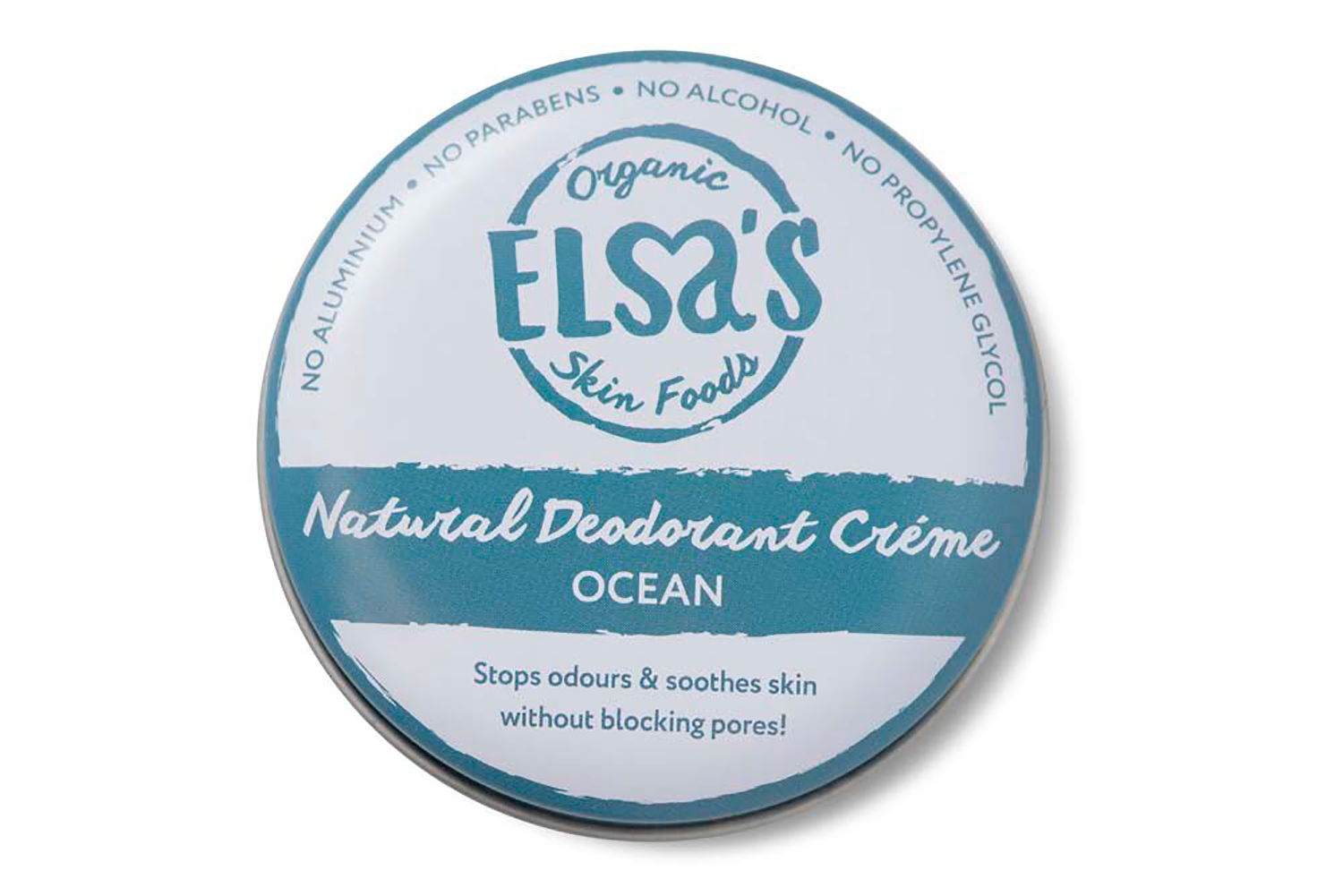
5. Get the shocking alternative to mosquito bite cream
Another chemical-free solution if you’re planning on swimming in the sea on holiday, Zap-It offers relief for itchy mosquito bites. Hold the tip to the bite, press the button and this small, gun-like device will deploy a tiny, harmless electric shock.
It reduces the histamine flow and stimulates the capillaries into flushing out toxins, therefore reducing your immediate itch and the likelihood of further irritation.
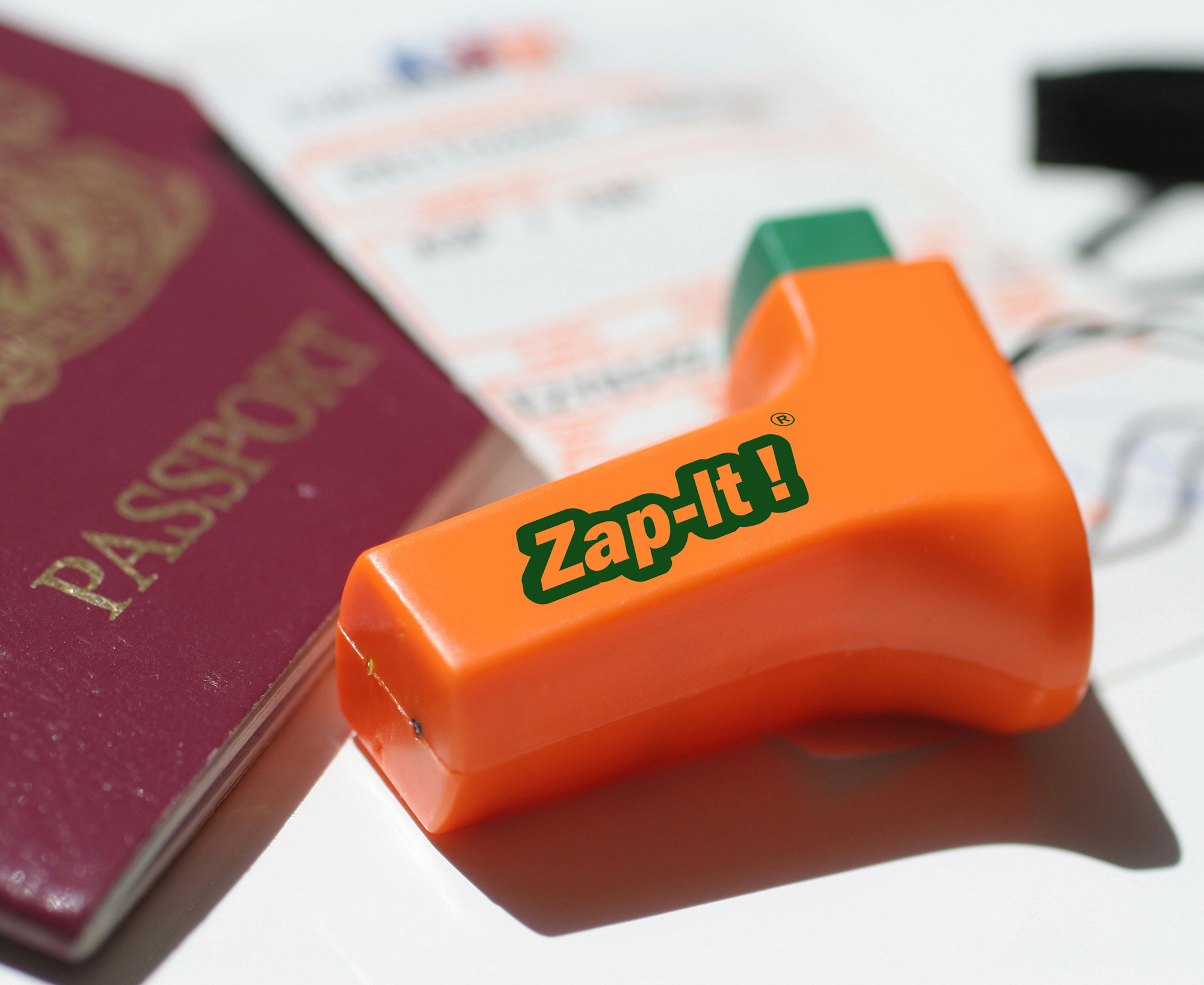
6. Invest in sustainable activewear
Clothing production is surprisingly carbon-heavy, but there are a few brands making efforts to reduce their impact. One of the best is Picture, who not only use sustainable and ethical production methods, but make the garments environmentally friendly too.
Their new base layer for skiers and snowboarders – coming out in winter 2018 – is entirely recyclable and biodegradable. While other clothing takes decades to break down in landfill, this takes just three years, so you won’t be harming the environment by throwing it out when it gets old. It has all the properties you’d want from a high-quality thermal layer: breathable, fast-drying and light.
Picture’s jackets are also extremely environmentally friendly, made with around 50 recycled plastic bottles which are broken down and turned into yarn to make the fabric.
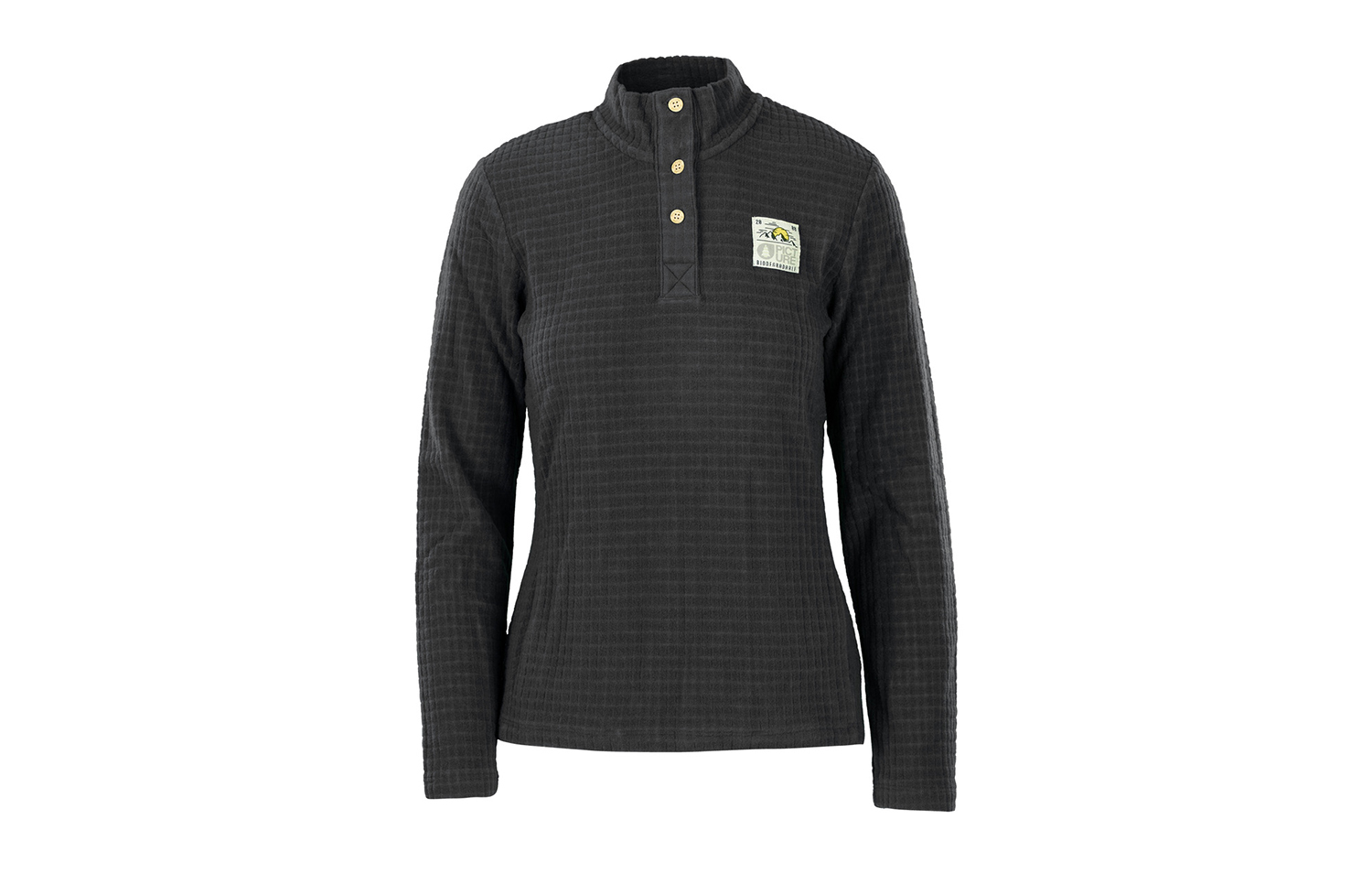
7. Get sweaty in smell-free clothes
Even the simple act of washing clothes frequently can be detrimental. In fact, washing and drying contributes to two thirds of an item’s environmental impact.
Moreover, when you’re travelling in a developing country, it’s possible that waste water from appliances like washing machines and dryers might not be properly dealt with and instead run into the rivers and oceans, contaminating natural wildlife habitats.
If you’re travelling for a long time or plan on doing something active, invest in some Polygiene clothing from brands like Patagonia and The North Face. Clothes with the Polygiene label incorporate a silver salt treatment to prevent the growth of odour-causing bacteria. This means your clothes won’t start to smell as quickly and you’ll save time, money and water on washing it after a long hike.
An alternative is to treat your clothes at home before you go. Nikwax has various products you can apply via your washing machine that prevent odour and help control sweat.
Inspired to change your travel for the better? We have plenty more tips for you...
How to tell if your trip is really eco-friendly
10 ways you can travel responsibly
Of bison & bears: why Yellowstone reminds us of our place on the planet
Comments
Be the first to comment
Do you want to comment on this article? You need to be signed in for this feature